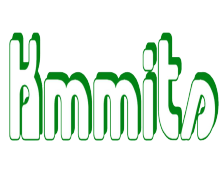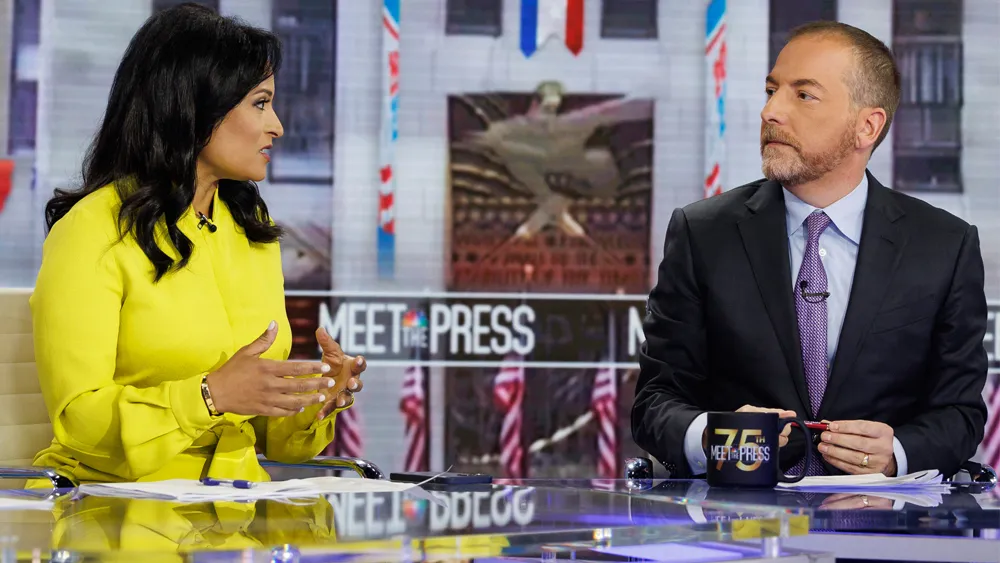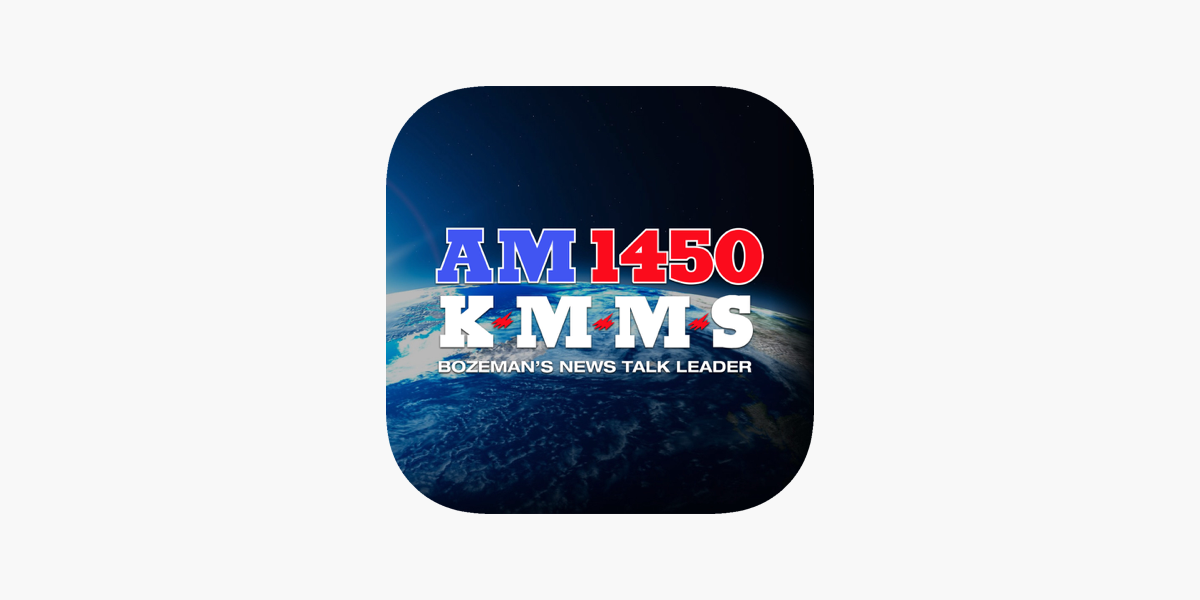For over seven decades, Meet the Press has remained one of America’s most trusted and influential political talk shows, known for its in-depth interviews, news analysis, and a historical commitment to transparency in American governance. Established in 1947 by producer Martha Rountree, it is the longest-running program on U.S. television and has evolved alongside the political landscape, becoming a staple for politicians, journalists, and the public alike.
Historical Overview
The show’s debut on NBC marked a groundbreaking moment in broadcast journalism. Initially hosted by Rountree herself, Meet the Press set a unique precedent by focusing solely on the political sphere, providing Americans with direct access to the views of influential leaders and public figures. Over the years, a variety of hosts—most recently, Kristen Welker—have carried the torch, each bringing a distinct approach while maintaining the program’s foundational values. This commitment to pressing questions and unfiltered answers helped Meet the Press secure its place as an essential element of Sunday-morning television.
Format and Influence
Typically, each episode features one or more guests who are prominent figures in government, politics, or media. The show’s format allows for longer interviews, granting viewers a comprehensive look into the perspectives and policies of the day’s most relevant leaders. Each host has contributed to the show’s legacy by pushing for accountability and transparency from guests, often holding figures to task on controversial issues. These interactions provide audiences with insights that shorter news segments may not cover, establishing the program as a weekly benchmark of credibility.
Iconic Moments and Contributions to Journalism
Throughout its history, Meet the Press has been the site of pivotal moments in American political discourse. From civil rights debates in the 1960s to discussions surrounding the Watergate scandal and, more recently, COVID-19 and the 2020 election, the show has adapted to reflect the most pressing issues of each era. Perhaps most notably, the program is known for its tough questions that sometimes put guests in challenging positions, providing viewers with a raw look at how leaders respond under pressure.
The Role of Kristen Welker
In 2023, Kristen Welker took over as the newest host of Meet the Press, following in the footsteps of Chuck Todd. As one of the few women to lead the program, Welker brings a fresh perspective and is known for her poised yet probing interviewing style. Her tenure marks a new chapter for the show as it continues to balance the demands of modern political journalism with its longstanding mission of delivering substantive discussions.
Meet the Press in the Digital Age
In recent years, Meet the Press has expanded beyond its traditional format to reach a broader audience in the digital era. By creating podcasts, online segments, and social media engagements, it has adapted to the ways modern audiences consume news. The show’s digital presence provides additional depth and context, offering exclusive interviews and behind-the-scenes insights for those seeking more than just the broadcast.
Conclusion
With a legacy built on accountability and transparency, Meet the Press has carved a unique and respected niche in American media. As it continues to evolve, the show remains a vital source of political insight, shaping public opinion and offering a forum for the nation’s most important conversations.
FAQs
1. What is Meet the Press?
Meet the Press is the longest-running television program in the U.S., known for its weekly political talk show format. Since its debut in 1947, the show has featured interviews with prominent figures in politics, government, and media to discuss current issues and policy matters.
2. When does Meet the Press air?
The show airs on NBC every Sunday morning, usually around 9 a.m. Eastern Time. It’s also available on the Meet the Press website, the NBC app, and as a podcast.
3. Who is the current host of Meet the Press?
As of 2023, Kristen Welker is the host of Meet the Press. She took over from Chuck Todd and brings years of experience as an NBC News journalist.
4. How long has Meet the Press been on air?
Meet the Press premiered on November 6, 1947, making it the longest-running program in U.S. television history with over 75 years on air.
5. How can I watch or listen to Meet the Press episodes online?
Episodes can be viewed on NBC’s website and app, and clips are available on Meet the Press’s YouTube channel. Podcasts of the show are also available on platforms like Apple Podcasts and Spotify.
6. What topics are typically covered on Meet the Press?
The show covers a wide range of political issues, including domestic and foreign policy, economic matters, civil rights, environmental issues, and ongoing political controversies. Interviews often reflect the most pressing current events and challenges facing the U.S. and global communities.
7. What makes Meet the Press different from other news shows?
The program is known for its long-format interviews that allow in-depth discussions on complex topics. Unlike shorter news segments, Meet the Press has the time to address subjects in detail, pressing guests with challenging questions to promote accountability and transparency.
8. Who was the first host of Meet the Press?
The show was co-created and initially hosted by Martha Rountree, one of the few women in broadcast journalism at the time. Her leadership helped establish the show’s reputation for hard-hitting interviews and rigorous journalism.
9. Has Meet the Press won any awards?
Yes, Meet the Press has won numerous awards over the years, including Emmys, in recognition of its journalistic contributions. It’s widely regarded as a cornerstone of political journalism in the U.S.
10. How does Meet the Press choose its guests?
The show’s guests typically include political leaders, government officials, experts, and influential figures relevant to current events. The goal is to provide viewers with expert opinions and insights from individuals directly involved in or affected by the issues discussed.
11. Can I suggest topics or questions for Meet the Press?
While there’s no direct line for suggestions, Meet the Press encourages viewer engagement on social media platforms where they sometimes collect input and questions from viewers.
12. Has the show ever expanded to other formats?
Yes, Meet the Press has expanded into digital formats including podcasts, online video segments, and special events. The show maintains an active social media presence and publishes additional content on its website to keep audiences informed and engaged throughout the week.
13. Where is Meet the Press filmed?
Meet the Press is filmed in NBC’s Washington, D.C. studio.
14. How can I contact the show?
The best way to reach Meet the Press is through its official social media channels or by visiting the contact page on NBC’s website.











